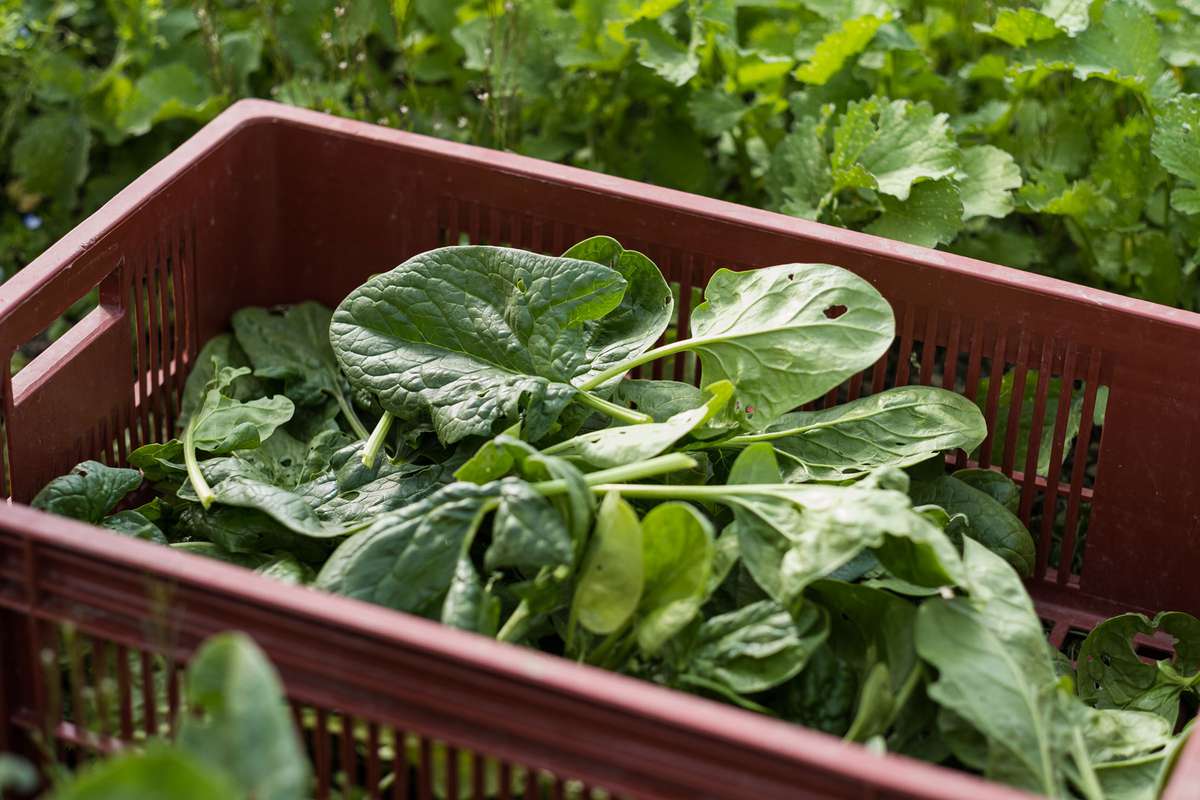Scientists have found a way to teach spinach to send emails. But it's not just for fun or to tell you about a huge sale event — these specific messages are meant to warn people about climate change or explosive materials, according to EuroNews.
According to a study published in the scientific journal Nature Materials, engineers at MIT created a new method for detecting major changes in our climate thanks to the root systems in spinach plants.
"Plants are very environmentally responsive," said Professor Michael Strano, who led the study, in a statement to EuroNews. "They know that there is going to be a drought long before we do. They can detect small changes in the properties of soil and water potential. If we tap into those chemical signalling pathways, there is a wealth of information to access."
The new technology, called "plant nanobionics," uses the spinach plant roots to detect nitroaromatics in groundwater. Nitroaromatic compounds are found in man-made industrial chemicals (often found in explosives), according to EuroNews. According to the study, when the "carbon nanotubes" inside the spinach roots detect these compounds, they could send a signal to an infrared camera, which then triggers an email alert to scientists who conducted the study.
"Plants are very good analytical chemists," said Strano to EuroNews. "They have an extensive root network in the soil, are constantly sampling groundwater, and have a way to self-power the transport of that water up into the leaves."
Strano added that the study has helped to "overcome the plant/human communication barrier." This method could also apply to detecting pollution or changes in the environment in order to help fight climate change, EuroNews reported.
In addition, another study from American University also found that spinach could be used to power fuel cells for metal-air batteries –– which are more energy-efficient alternatives for lithium-ion batteries that are often used for electronics like laptop computers and smartphones, according to EuroNews.
Aside from being a nutritious addition to your salads and smoothies, the modest spinach plant also seems to be doing the work to save the planet too.
Andrea Romano is a freelance writer in New York City. Follow her on Twitter @theandrearomano.
Source: Read Full Article

